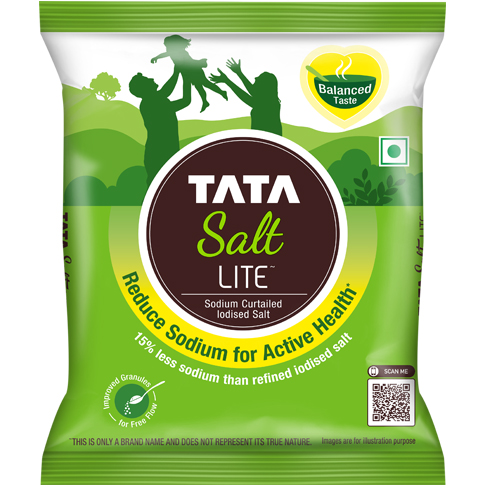
Mangoes contain compounds with anti oxidant properties, says study
Posted on: 19/Feb/2016 6:25:14 PM

A study published in the journal Molecular Nutrition and Food Research has said that mangoes have numerous compounds that have anti oxidant properties. These include Vitamin C and beta carotene, along with several poly phenolic compounds like gallic acid and their larger polymers called gallotannins. These compounds have been linked to activities that are anti cancerous and anti inflammatory.
For the study, 11 healthy volunteers aged between 21 and 38 years consumed 400 grams of mango pulp every day for ten days. Blood and urine samples were taken on the first and last day of the study. During the ten day period, the volunteers did not consume dietary supplements and foods that are a source of gallic acid. These included foods like berries, grapes and tea. The foods were not consumed for one week prior to the study and also during the 10 days.
The urine samples showed seven metabolites of gallic acid. Of these, two microbial metabolites were more excreted following the 10 days of mango consumption. The bio availability of mango derived metabolites was confirmed through the presence of gallic acid and pyrogallol metabolites in the urine. This indicates the absorption, metabolism and excretion of mango galloyl derivative.







